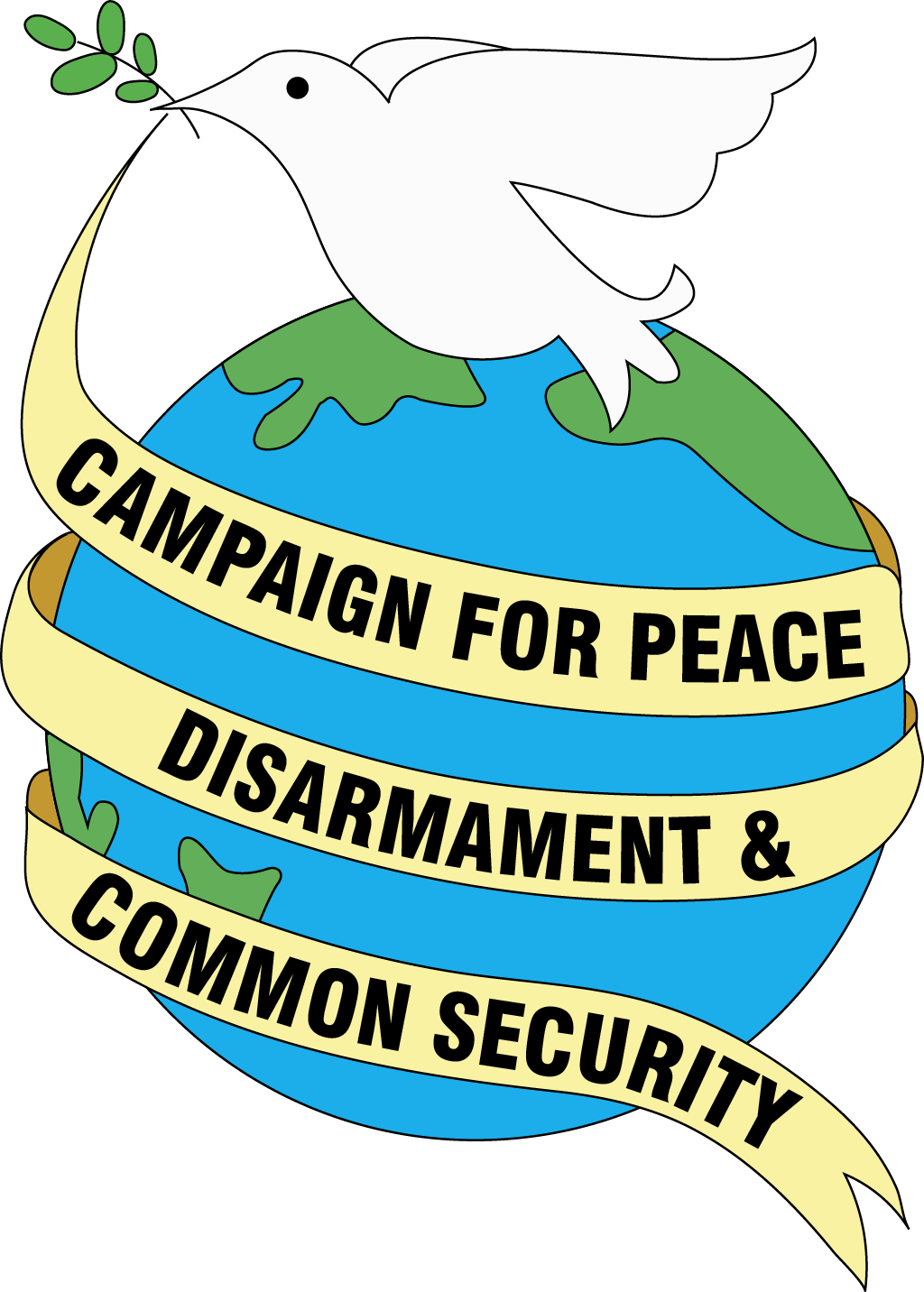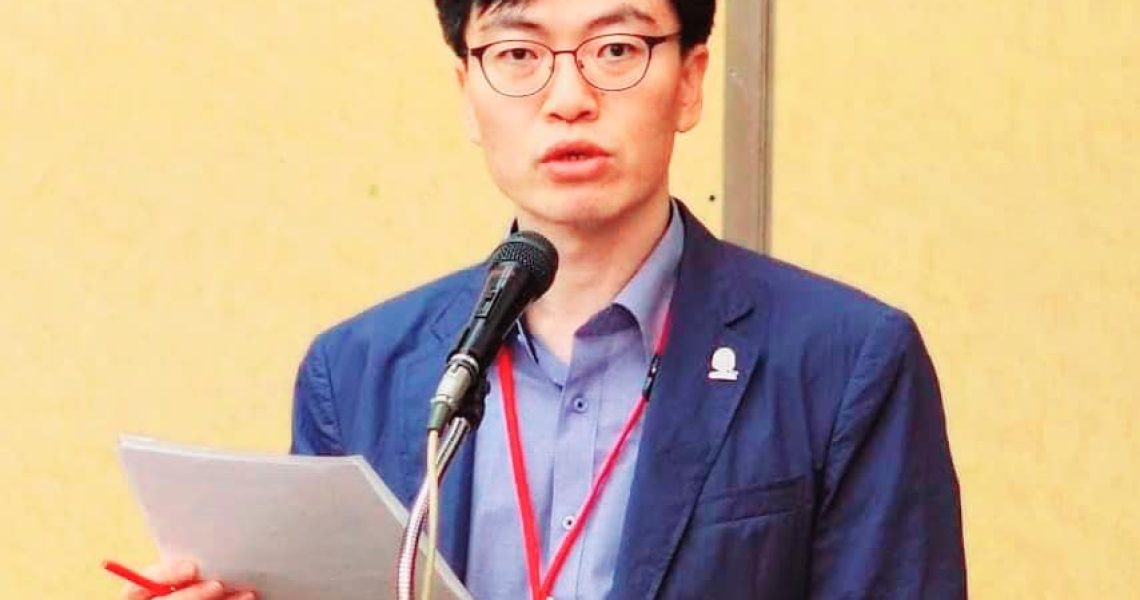Establishing Nuclear-Free and Peaceful Korean Peninsula and East Asia under the TPNW Era
Jun Kyu Lee
(Senior Researcher, Institute for Unification and Peace Policy,
Hanshin University, ROK)
Thank you for inviting me to the International Meeting of the 2021 World Conference against A-H
Bombs.
This year’s World Conference is taking place in the historical time of the Pandemic era and the TPNW
era.
When the 2021 Doomsday Clock was released, Rachel Bronson, the president of the Bulletin of the
Atomic Scientists, which has warned of the dangers of climate change for more than a decade, said the
coronavirus pandemic served as “a historic wakeup call” that the world is unprepared to deal with
complex dangers that threaten human existence, like nuclear risks and climate change.
The pandemic calls on us to transform the international order, which should be based on human
security, multilateral cooperation and international solidarity, and the coexistence of human and
environment. However, nuclear weapons are at the top of military security, ‘my country first’. and
environmental destruction. Nuclear weapons are the greatest traditional security threat that prevent
international cooperation on non-traditional security issues such as epidemics, pollution, disaster,
climate crisis, etc. It is the worst absurdity to continue to waste economic, human and social resources
in producing, developing and maintaining such weapons.
However, there are still more than 13,000 nuclear warheads on this planet. In particular, the U.S. and
Russia, which possess the largest number of nuclear weapons in the world, have been openly pushing
forward “nuclear modernization” which means improving the performance of nuclear weapons and
even creating “usable nuclear weapons”. In March this year the British government announced a
security policy to increase its nuclear arsenal. Nuclear-weapon states, which have neglected the
nuclear disarmament stipulated in Article 6 of the NPT, have been leading the nuclear proliferation
and encouraging the nuclear arms race.
In the words of Tomas Hajnoczi, who has participated in this world conference, the TPNW has
deprived nuclear-weapon states of the monopoly on nuclear disarmament. It will put pressure on
nuclear-weapon states to the “full implementation” of nuclear disarmament by establishing the
prohibition of nuclear weapons as an international norm and setting up the standard that all countries
should actively work to achieve the abolition of nuclear weapons.
Power Politics among great powers has nakedly developed in East Asia, especially with the collapse
of the Cold War and the rise of China. The US-China confrontation has expanded to all areas,
including science & technology, politics, and the military. Moreover, the coronavirus has intensified
the confrontation between the two countries and has even sparked the competition for values.
Recently, NATO member countries such as the U.K. and France have been involved in major powers’
power politics in this region.
There is a strong demand in the U.S. to block the possibility of power shift. The Biden administration
is unlikely to change the U.S. policy toward China, even if it attempts some change in the form and
pace of its policy compared with the Trump administration.
The US-China (or China versus the US-Japan alliance) confrontation is being developed with
tinderboxes such as Senkaku (Chinese name, ‘Diaoyudao’), the East China Sea, Taiwan Strait, and the
South China Sea. Therefore, there are growing concerns about the dangers of war involving countries
in this region. On the other hand, there is also a view that the probability of war between the two
countries should not be exaggerated. But even if a full-scale war does not break out, as the US-China
conflict worsens, the bloc confrontation will be aggravated, leading to fierce arms race in this region.
And its economic, political and human costs will be passed on to Japan and South Korea with a
military alliance with the U.S.
Just criticizing U.S. militarism is not enough. We must speak out firmly against all behaviors against
peace, including China’s provocative military action, and we have to organize collective action based
on that position.
In such an international situation, the North Korean nuclear problem is a hot issue. The North Korean
nuclear issue has been a factor of instability, especially in Northeast Asia, and at the same time has
been a pretext for an arms race. That is why the resolution of the North Korean nuclear issue and the
advancement of the denuclearization-peace process on the Korean Peninsula can bring about a change
in the international order in this region.
The denuclearization-peace process on the Korean Peninsula has been at a stalemate since the “Hanoi
No Deal” of 2019. Even after the Biden administration announced its policy toward North Korea
called a “calibrated and practical approach”, North Korea’s reaction to it was cold. More recently, it
was reported that the north-south communication channel was restored. That is good news, but it is
hasty to predict hopefully that the denuclearization-peace process will restart.
More than anything else, the South Korea-U.S. joint military exercise, which North Korea stipulates
as a “hostile policy”, is scheduled for August. Unless flexible measures are taken against the hostile
policies of joint military exercises and sanctions against North Korea, it is difficult to move the
denuclearization-peace process forward.
Additionally, it is more feasible to push denuclearization by advancing the “Peace Process” on the
Korean Peninsula. North Korea has been obsessed with developing asymmetric warfare capabilities
such as nuclear weapons and ballistic missiles to overcome the isolation caused by the collapse of the
Cold War at the international level and its inferiority to the military power of South Korea and the
South Korea-U.S. alliance.
For these reasons, the process of establishing a peace system, including formally ending the Korean
war, concluding a peace agreement, and normalizing North Korea-U.S. relations, are necessary for
North Korea to proceed with denuclearization.
However, the progress of the peace process does not automatically lead to denuclearization. North
Korea’s decision on denuclearization measures is necessary for the denuclearization of the Korean
Peninsula. The anti-nuclear peace movement should urge North Korea to take measures for
denuclearization and actively work to create conditions that will make it possible.
In that sense, establishing the international norm of TPNW, which prohibits nuclear weapons, the use
of nuclear weapons, and the threat to use nuclear weapons, is of paramount importance in establishing
a Nuclear-Free and Peaceful Korean Peninsula.
Finally, the goal, “Korean Peninsula as a place of peace without nuclear weapons and nuclear threats”
agreed by the two Koreas in Pyongyang in September 2018, cannot be achieved only by
denuclearizing North Korea. At least at the level of Northeast Asia, it is necessary to create a
framework that deals with the nuclear strategies of nuclear states in this region such as the US, China,
and Russia, and the U.S. nuclear umbrella, on which South Korea and Japan rely as the agenda along
with the denuclearization of the Korean Peninsula.
Northeast Asian Nuclear-Weapon-Free Zone initiative is very meaningful. By realizing a nuclear-
weapon-free zone in Northeast Asia, the denuclearization of the Korean Peninsula can be accelerated
and furthermore the denuclearization-peace process of the Korean Peninsula can be extended to create
a multilateral cooperation framework based on common security and human security in this region.

